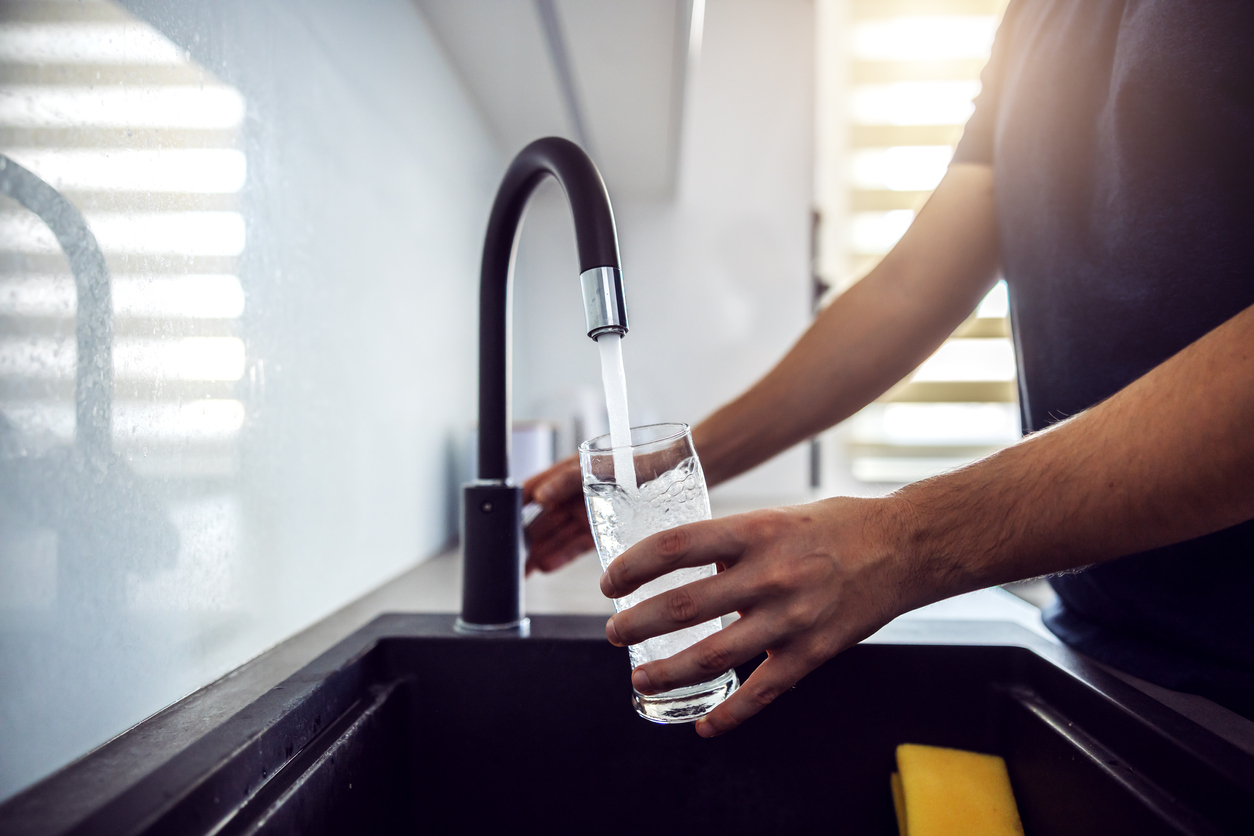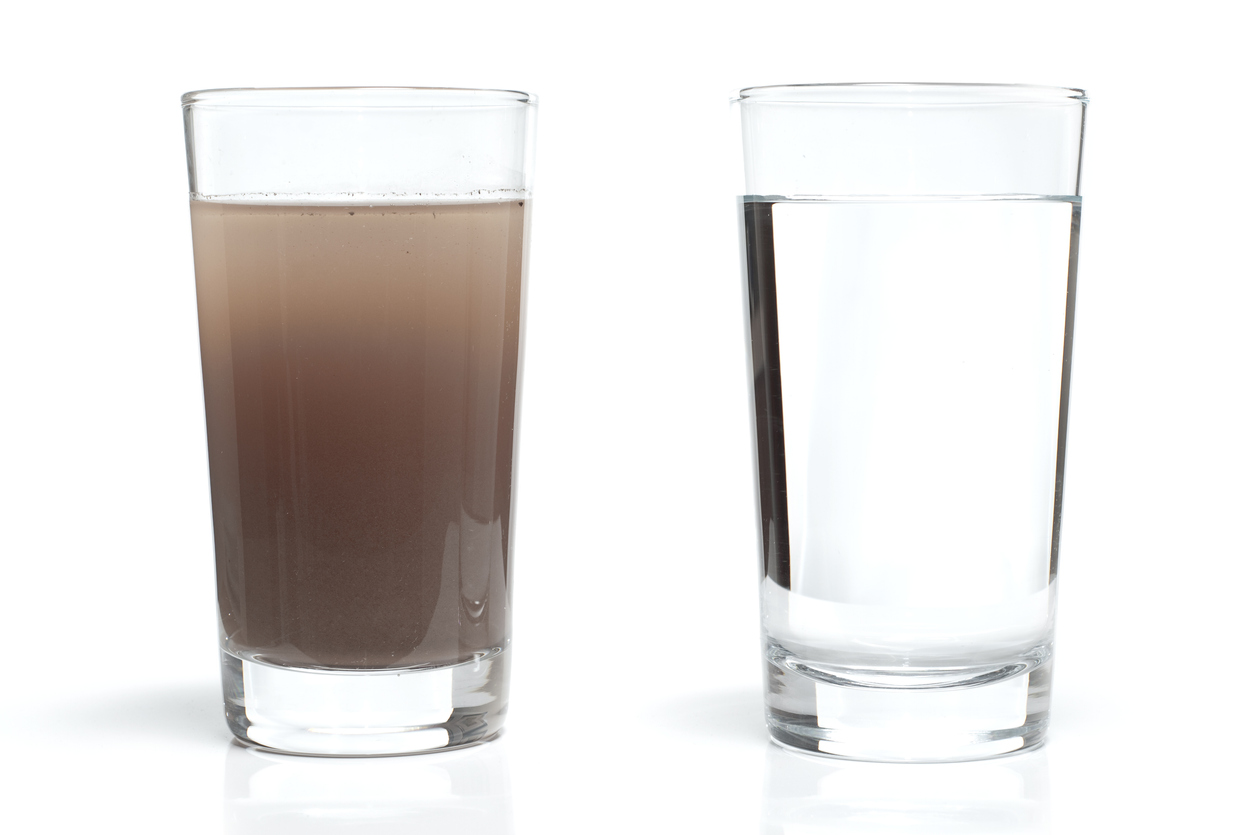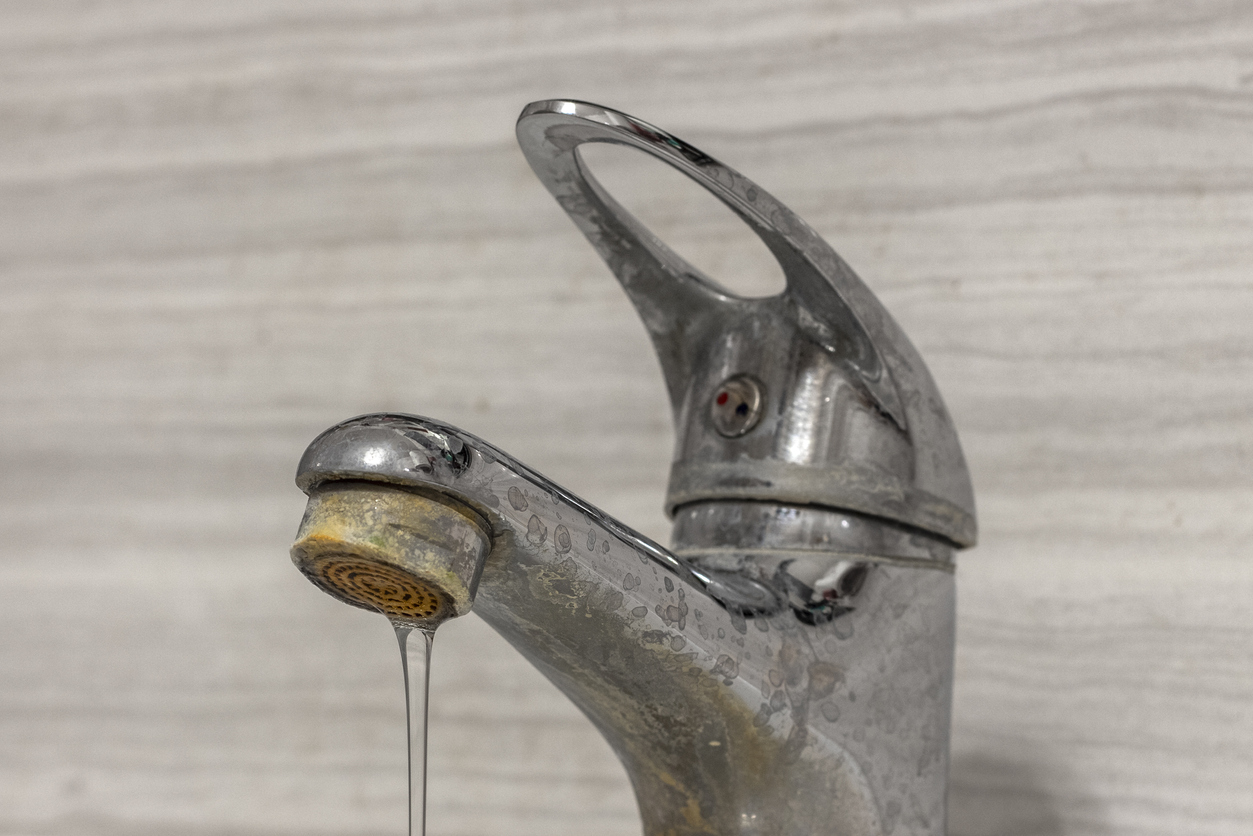What Is The Difference Between A Water Filter and Water Softener?

Are you looking to improve your home’s water but unsure which system is right for you? Our team are experts in water quality and have broken down the differences below between the two, and how changing your water can CHANGE YOUR LIFE!

What Are Water Filters?
A water filter removes unwanted impurities from your home’s water such as sediment, chemicals, solvents, disinfectants, and chlorination byproducts to result in better water quality.
How Do They Work?
The surface area of activated carbon physically traps contaminants on contact. Contaminants that have been captured remain neutralized and are never released from the carbon.
What Do They Remove?
With HALO, you can rest assured that your home’s water will be free of chlorine, chloramines, ammonia, tannins, man-made pollutants, disinfectants, pesticides, TTHM, undesireable odors, tastes, and pharmaceutical byproducts.

What Are Water Softeners?
A water softener does not filter, it uses ion exchange to remove minerals by exchanging these scale-forming minerals with sodium or potassium. Water softeners do not address contaminants in water and many of those contaminants can not only be harmful to consume, but also can damage the softer system. For example, chlorinated water can reduce the life of a softener and damage your plumbing. It is recommended to have carbon filtration placed before a softener to protect the household and the softener system.
How Do They Work?
Water enters the softening system, the resin bed attracts and holds the minerals present, removing them by exchanging minerals for sodium or potassium. Softened water exits the tank and flows to the plumbing throughout your home.
What Do They Remove?
Softeners remove the heaviest molecules present in the water and exchange them for sodium or potassium. In most cases, the heaviest molecules are calcium and magnesium (scale-forming minerals). However, if heavier molecules are present, such as lead, the softener will take those heavier molecules and allow the scale-forming minerals to pass on to the household. It is important to understand your water’s chemistry to ensure your softening system is working properly.
Now that you understand the difference between water filters and water softeners, you can make an educated decision in choosing a system for your home.
HALO offers a wide array of products for any need you may have including combination systems and systems designed for well-water. Well-water recommendations require the submission of a current well-water report.
Give our team a call today, for a recommendation (800) 591-0538. Our team will help you determine which system will satisfy you and your home’s needs!


